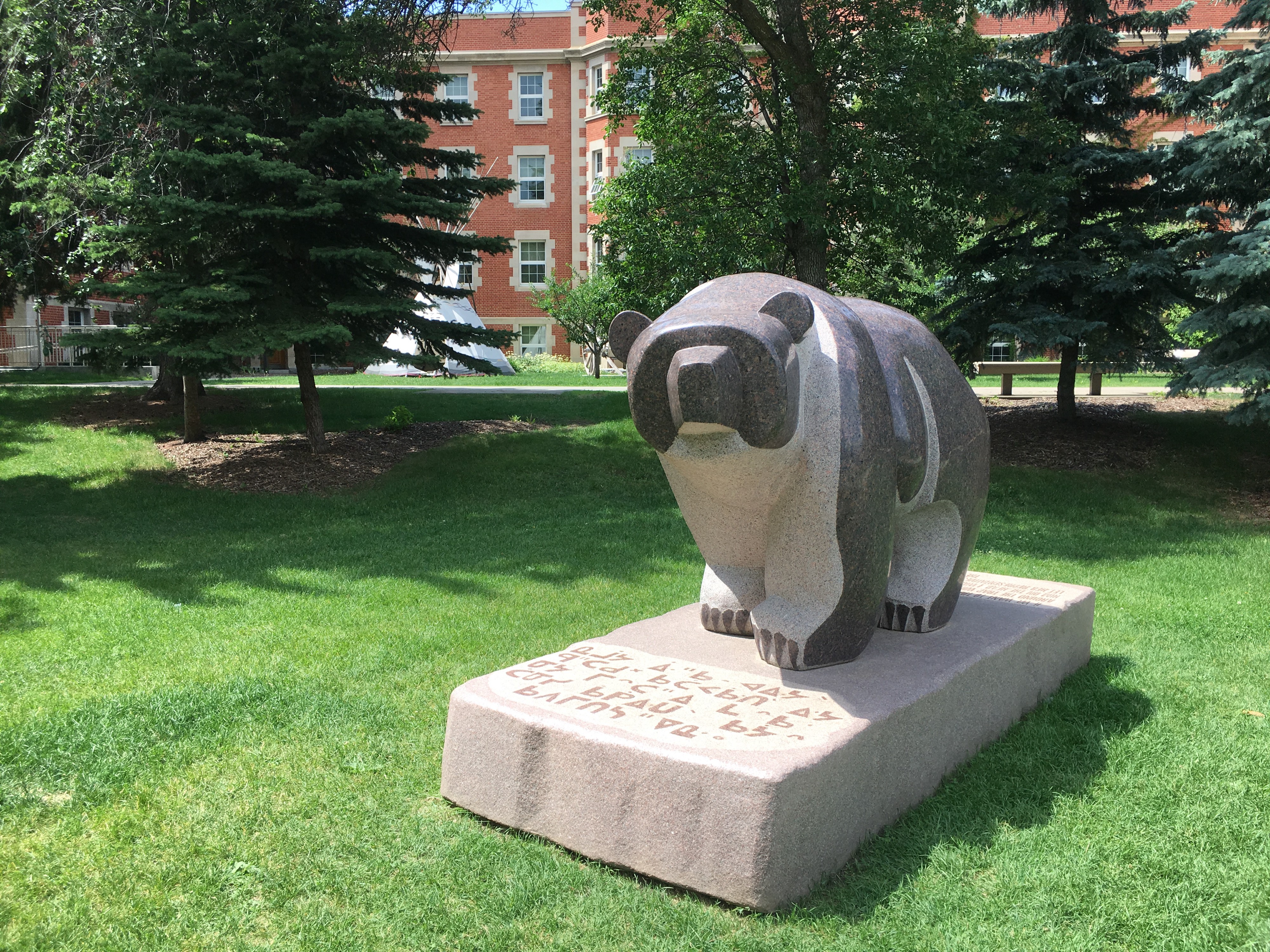"Indigenization must be understood and implemented as working toward the 'transformation of the academy.'"
- Dr. Shauneen Pete, 100 Ways: Indigenizing & Decolonizing Academic Programs (2016)

It is now November 2020. Snow has fallen once again in the time of COVID-19; we have officially been experiencing a global pandemic in all four seasons. Changes to the ways people live and work have been vast and dynamic. It can be exhausting to think about what 'normal' used to look like, and when - or if - that will ever return. Yet amidst it all, there are stories of hope, resiliency, and positive change.
During the first six months of the pandemic, CTL's ethos as a support network for instructors became a lifeline. Concerns around how to teach remotely, learning new systems and pedagogies to teach effectively were vital. However, the Indigenization team wanted to ensure that Indigenous perspectives and anti-racist practices within course design are a continued focus.
Even from our remote home offices, the Indigenization team has been supporting instructors to create engaging classroom communities. Alongside Indigenous colleagues and allies the recognition that Indigenization and decolonization work must be a collective effort is the foundation of CTL's new webpage.
Equity, diversity, and inclusivity (EDI) practices and policies are often conflated with Indigenization. It is important to recognize that, though it shares common ground with EDI, Indigenization is its own endeavour. As Gaudry and Lorenz purport, reconciliation indigenization seeks to weave Indigenous histories, contemporary realities, and epistemologies into post-secondary curriculum (2018, 222). It is imperative that we continue in meaningful and impactful ways to Indigenize the academy and not just complete check-box measures.
So, it was clear that Indigenization, decolonization, and anti-racism resources needed their own portfolio. With the support of the Vice-Provost's office, CTL moved to centre Indigenization and decolonization of the academy through a thoughtful curation of resources to engage the U of A community in demonstrable acts of reconciliation.
Foundational to the work of CTL's Indigenization team is ensuring that the TRC's 94 Calls to Action are not just performative but actionable through the ways in which instructors' engage with Indigenous perspectives in their course design and teaching practice. Decolonization is not simple and this takes concerted efforts to return lives and land (Tuck and Yang 2012, 1). However, education must arm all of us with the foundational knowledge to make policy and governance changes that impact Indigenous peoples lives a reality. What we do within the academy must translate outside our walls and into the community and society broadly.
To that end, CTL's Indigenizing and Decolonizing Teaching and Learning website went live on November 4, 2020. New content will be updated in three phases over the coming months.
Phase I
Today, instructors can access information about how to get started in their Indigenization work, such as incorporating a territorial acknowledgement into their courses. Instructors can utilize a growing list of resources - academic articles, books, textbooks, and multimedia - across campus and beyond. CTL is also working on a video resource for territorial acknowledgements specific to the University of Alberta context. CTL will be inviting Instructors to participate in a voluntary survey within the next few weeks to assess their teaching and learning support needs.
Phase II
The next phase of the Indigenization website will include module-based learning, adapted from UBC's Equity, Diversity & Inclusion in Teaching and Learning introductory course. The modules will focus on issues of identity, power, and privilege, as well as decolonization work in the prairie-Canadian context.
Phase III
Early in 2021, CTL will initiate more thorough community engagement with instructors and students - both Indigenous and non-Indigenous - to ensure that the needs of the U of A's teaching and learning community are heard in order to inform our services.
The Indigenization team looks forward to supporting instructors in their Indigenization and decolonization efforts.
See also
- TeachingPlus: Addressing Racism in the Classroom podcast with Dr. Cathryn vanKessel
- TeachingPlus 'Teaching Remotely Series: remote teaching from an Indigenous perspective with Dr. Paul Gareau
References
Gaudry, A., & Lorenz, D. (2018). Indigenization as inclusion, reconciliation, and decolonization: navigating the different visions for indigenizing the Canadian Academy. AlterNative: An International Journal of Indigenous Peoples, 14(3), 218-227. https://doi.org/10.1177/1177180118785382
Tuck, Eve, and K Wayne Yang. 2012. "Decolonization Is Not a Metaphor." Decolonization: Indigeneity, Education & Society 1 (1): 1-40.